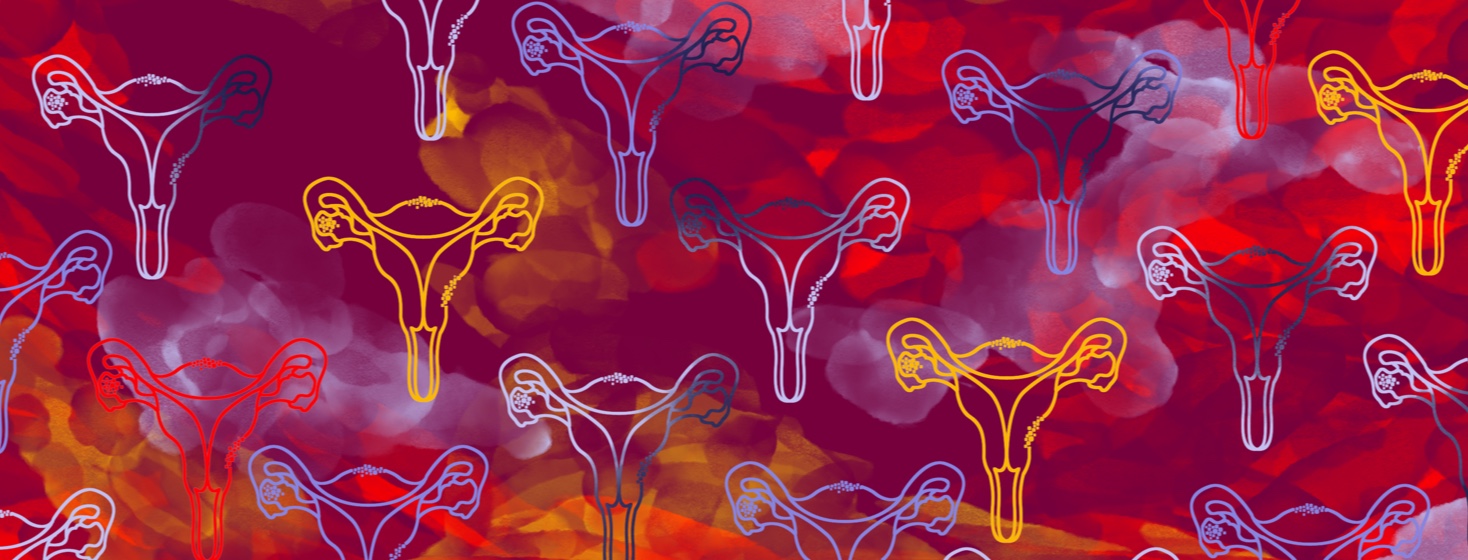Is There a Link Between Ovulation and Ovarian Cancer?
Ovulation is the process of a mature egg being released from an ovary. It usually happens once a month in people who have ovaries.1
It is fair to wonder whether there is a link between ovulation and ovarian cancer. Researchers have looked into this too. In fact, studies show that different ovarian cancer subtypes may have different relationships with ovulation.2
What are the subtypes of ovarian cancer?
Cancer subtypes are based on traits in the cancer cells. The subtype of a cancer is important for deciding how to treat it. It is also important for understanding how serious the cancer may be.3
Ovarian cancers are usually grouped into the following subtypes:4
- Serous tumor (high-grade or low-grade)
- Mucinous tumor
- Endometrioid tumor
- Clear cell tumor
Does ovulation affect ovarian cancer?
A 2023 study looked at the health information of thousands of women with ovarian cancer and thousands without ovarian cancer. Women from many countries were included.2
Results showed that the less time a woman spent ovulating over her lifetime, the lower her risk of developing ovarian cancer was. Breastfeeding, taking birth control, and pregnancy all temporarily stop the ovulation process. This may mean that these actions have a protective effect against developing ovarian cancer.2
The study also found that mucinous ovarian cancers were linked to factors that prevented ovulation. But this subtype was not linked to the amount of time spent ovulating over a lifetime.2
Serous ovarian cancers had a different story. These were linked to time spent ovulating over a lifetime.2
How does ovulation affect ovarian cancer?
Different research has uncovered ways that ovulation may contribute to ovarian cancer in some people. Researchers looked at how ovarian tumor genes are expressed. They found that certain biological processes are linked to the amount of time spent ovulating.5
Inflammation may play a role. Inflammation of the ovaries and fallopian tubes due to ovulation may drive cancer in some people. For example, fluids released from the ovary during ovulation can lead to inflammation. And inflammation plays a role in healing the surface wound on the ovary after an egg is released.5
This means that some people may have a greater risk of developing ovarian cancer due to the number of ovulation cycles over their lifetime.5
However, the processes driving ovarian cancer risk may differ across life stages. People who are actively ovulating may have different risk factors than those who have reached menopause. That is because, after menopause, people no longer ovulate.5
Do ovulation induction drugs affect the risk of ovarian cancer?
In general, the answer to this question is no. But this gets a little complicated.6
Ovulation induction drugs help people with ovaries produce eggs for fertilization. In other words, they are used to help people get pregnant. One study found that the rate of ovarian cancer was no different between those who took an ovulation induction drug and those who did not.6
However, there were differences in cancer rates between people who had given birth and those who had not. Women who had taken ovulation induction drugs but who had not given birth had a higher risk of developing ovarian cancer. Women who took these drugs but had given birth had a lower risk of developing ovarian cancer.6
What does this mean for me?
There are many factors to consider in understanding your risk of developing ovarian cancer. Many studies report links between cancers and other factors. But these links do not mean any single person will get ovarian cancer. Rather, they highlight risk factors that may increase or decrease that person's risks.
If you have questions, ask your doctor how your ovarian cancer risk might be related to your ovulation cycles.

Join the conversation